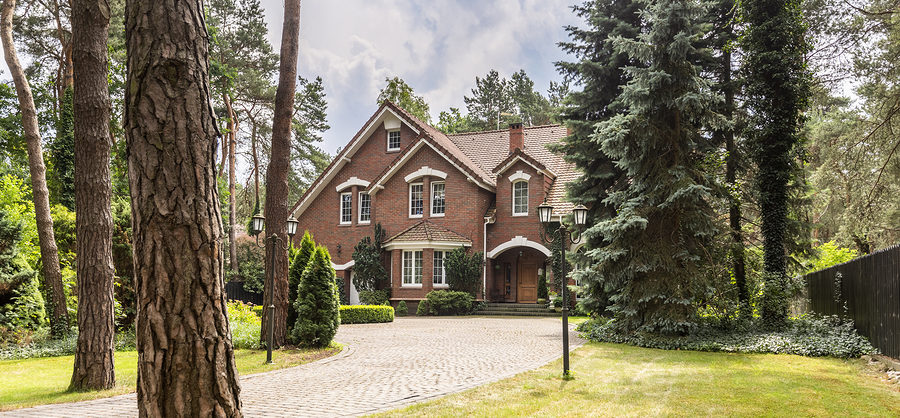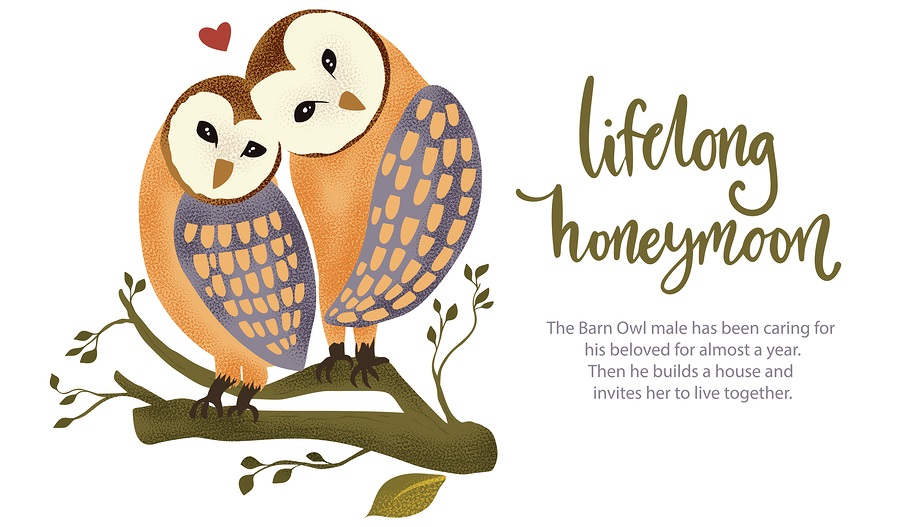Raccoons are known to find their way into our homes, garages, barns, and porch spaces; however, do we really know how vulnerable our house is to such intrusion? How do you determine your home’s level of exposure? Continue reading to learn ways to inspect and animal proof your house from raccoon invasion this winter season.

Home Inspections
To begin assessing how open your home is to the wild animal community, particularly raccoons, it is crucial to inspect the inside and outside of your house. Look for weak spots and pay close attention to dark, warm areas. These are ideal shelter spots for raccoons. Indoors, try starting in your basement. If you do not have a basement, turn to your utility room, crawl space, or garage as an option in its place.
In the basement or other areas, look in dark corners, and keep your eyes peeled for any open or exposed areas. These could be areas of access. If you do not see anything here, move on to the attic area. Attics are very popular spots for raccoons. They love the dark, warm shelter it provides. This is an ideal breeding ground for them too. If you do not have an attic, check under stairs and in closets.
Exterior of Your Home
Outside, raccoon access points are easier to spot. Look to your roof and try to observe any loose shingles or pried open areas. These are indications that raccoons have been breaking in. Check under porches and patios as well. These are also common areas of access and even areas of living for wild raccoons.
Hire a Pro for Comprehensive Inspections
Doing an interior and exterior inspection of your home is a tedious and difficult task. Typically, it is recommended to hire a professional wildlife removal and control company to provide an inspection. They are highly trained and experienced professionals that know all the signs to look for, and how to remedy the disturbance within a convenient time frame. If you are having trouble, call a professional for advice. They can offer the best solutions and service.
Animal-Proof Your Home
Once an inspection has been completed, it is important to move onto animal proofing your home right away. The areas that were labeled weak, exposed, and open should be sealed immediately. By closing off the areas of access, you can stop further intrusion. It is very crucial to have all existing raccoons removed from your home with the help of a professional company before sealing off these access points.
Indianapolis Raccoon Removal and Control Service
Call Budget Animal Removal at 317-875-3099 to get rid of raccoons in Indianapolis, Indiana and its surrounding areas. Our DNR licensed and insured wildlife rescue and control specialists offer nuisance wildlife abatement services, cleanup and minor restorations for animal damages, 24 hour emergency service, and free estimates. Get started by requesting a free estimate or advice, today.


